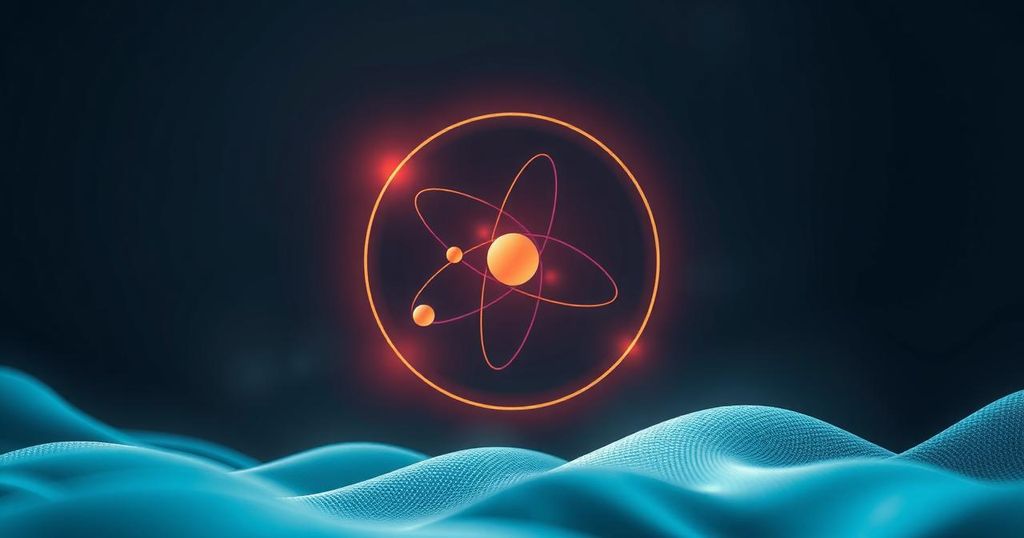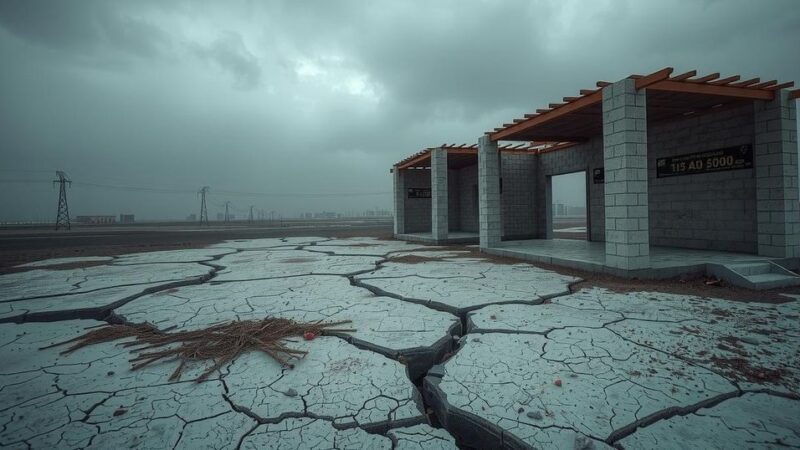Iran maintains its commitment to its nuclear program, defended by its officials who cite international rights as a member of the Non-Proliferation Treaty. Israel and the U.S. are working together to counter this program and influence in the region, addressing broader strategies about Gaza as well.
Iran continues to assert its commitment to its nuclear program, as emphasized by Foreign Ministry spokesperson Esmaeil Baghaei. Following a recent meeting between Israeli Prime Minister Benjamin Netanyahu and U.S. Secretary of State Marco Rubio, where they discussed measures to counter Iran’s nuclear ambitions, Baghaei reiterated that Iran’s program aligns with its rights under the Treaty on the Non-Proliferation of Nuclear Weapons, stating, “we will not show any weakness in this regard.”
Netanyahu expressed that both Israel and the United States remain resolute in their efforts to inhibit Iran’s nuclear developments and its influence across the Middle East. Rubio condemned Iran’s role, asserting, “Behind every … group, behind every act of violence, behind every destabilizing activity, behind everything that threatens peace and stability for the millions of people that call this region home, is Iran.”
In addition to addressing Iran’s nuclear program, Netanyahu revealed plans for coordination with U.S. officials on a broader strategy for the region. This strategy includes engagement regarding the future of Gaza, particularly in relation to the controversial plan proposed during former President Donald Trump’s administration, which envisions U.S. ownership of the coastal region and significant alterations to the demographics within Gaza.
In summary, Iran pledges to uphold its nuclear program, citing its rights as a signatory to international treaties, while the United States and Israel collaborate to counter its ambitions. Notably, regional strategies regarding Gaza are also under development, highlighting the complex geopolitical landscape in the Middle East.
Original Source: www.dailysabah.com






